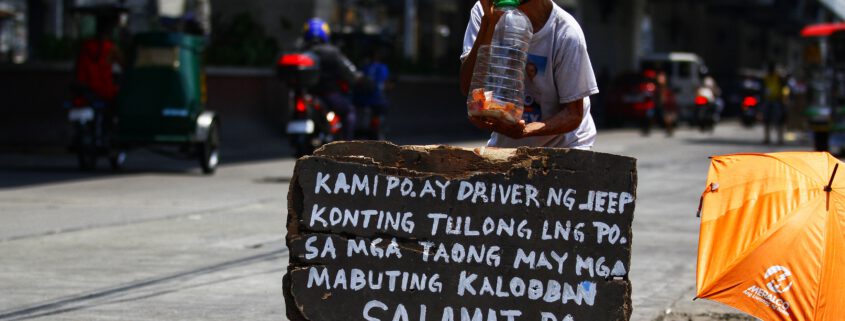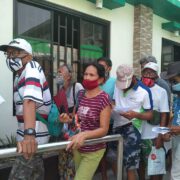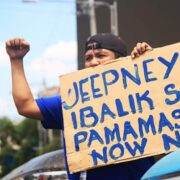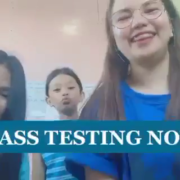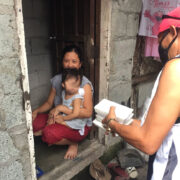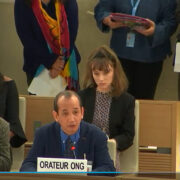The Covid-19 response: Are the elderly and disabled being left behind?
This five-episode podcast was produced by UrbanisMO.PH and Young Public Servants with support from Friedrich-Ebert-Stiftung Philippines, International Center for Innovation, Transformation, and Excellence in Governance (INCITEGov) and PCIJ
BY AARON MALLARI / Philippine Center for Investigative Journalism
What’s the big picture? Older persons and persons with disability were already marginalized in terms of government programs and services pre-pandemic. The harsh government response to the Covid-19 pandemic, particularly the long periods of lockdowns, only made it worse for them in terms of mobility and economic independence.
Why it matters: The government’s coronavirus response affects the quality of life of all its citizens and not just the young and the non-PWD.
What are the facts? Emily Beridico from the Coalition of Services for the Elderly, Dr. Maureen Mata of AKAP Pinoy (Alyansa ng may Kapansanang Pinoy) and Dr. Grace Cruz of the UP Population Institute weigh in on the issue of inclusion in the time of Covid-19.
- There have been no specific interventions and policies to address the needs of approximately 8 million senior citizens and 12 million persons with disability, who are considered highly vulnerable to the disease.
- This episode touches on the overly delayed and poorly implemented Social Amelioration Program and other government livelihood programs, which do not automatically factor in inclusion of elderly and PWDs.
- Instead, inclusion relies heavily on the priorities of the local government units and the ability of sector representatives to assert themselves.
The bottomline: As Dr. Mata says in this episode, the government must not treat providing services as ‘charity’. Instead, policy makers must keep an open mind and listen to the people’s needs, as citizens voice out their concerns with hopes that the government is listening.

